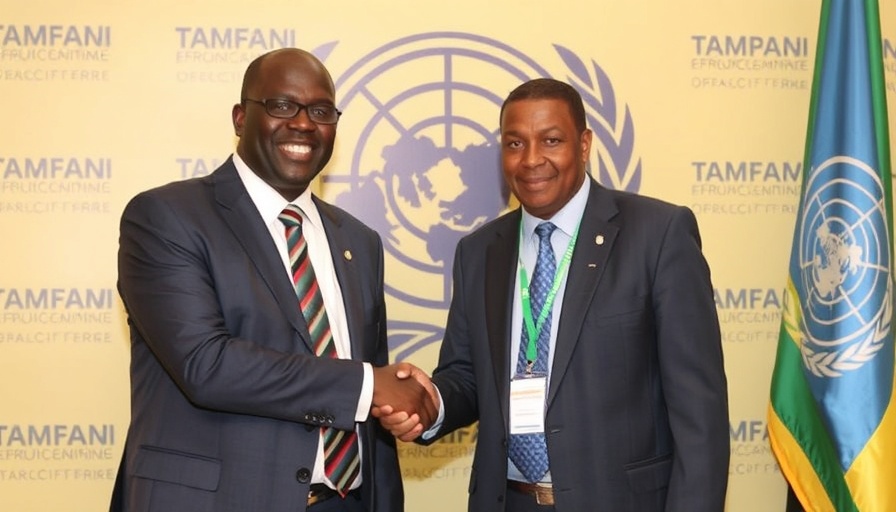
Renewed Aspirations for WHO Leadership in Africa
Tanzania's renewed push for Prof. Mohamed Janabi to lead the World Health Organization (WHO) Regional Office for Africa comes after the untimely passing of its previous nominee, Dr. Faustine Ndugulile. Ndugulile's victory was celebrated as a historic moment not just for Tanzania but also for the East African Community. This pivotal shift in leadership reflects Tanzania's ongoing commitment to health and leadership on the African continent.
A Champion for Health
Prof. Janabi carries a wealth of experience as the executive director of Muhimbili National Hospital, which is Tanzania's foremost referral institution. Moreover, his strategic role as a special advisor on health to President Samia Suluhu Hassan further underscores his influence in both politics and public health. With a legacy stemming from his efforts at the Jakaya Kikwete Cardiac Institute, Janabi embodies the expertise needed to tackle Africa's pressing health concerns.
Strategic Campaign for Support
The competition is stiff, with Janabi facing contenders from French-speaking West African nations. To address this, Tanzania has initiated an extensive diplomatic campaign to garner support for Janabi’s candidacy. Efforts include employing social media outreach and leveraging its embassies to raise awareness about Janabi’s vision for a healthier Africa.
Innovative Health Financing and Partnerships
Articulating a forward-thinking vision, Prof. Janabi aims to transform healthcare in Africa through innovative financing models. His strategies focus on fostering public-private partnerships that can enhance healthcare delivery systems across the continent. This vision is particularly pertinent as global health challenges persist, underscoring the importance of collaborative efforts in advancing health policies.
The Political Landscape Ahead
As we observe the increasing complexity of African politics and governance, Janabi's candidacy represents more than just a regional nomination; it symbolizes Tanzania's aspirations on the global health stage. His appointment could pave the way for greater collaboration among African nations and create impactful policies that could affect health and economics across the continent.
Conclusion: The Implications of WHO Leadership
The outcome of this race for WHO leadership is not merely about Tanzania; it reflects broader themes of governance, health, and international relations in Africa. Business leaders, policymakers, and academia must keep a close eye on these developments as they will undoubtedly influence the African economy and its role in global dynamics. Engaging in dialogues about these candidates could yield fruitful discussions about the future of health leadership in Africa.
 Add Row
Add Row  Add
Add 


 Add Row
Add Row  Add
Add 

Write A Comment